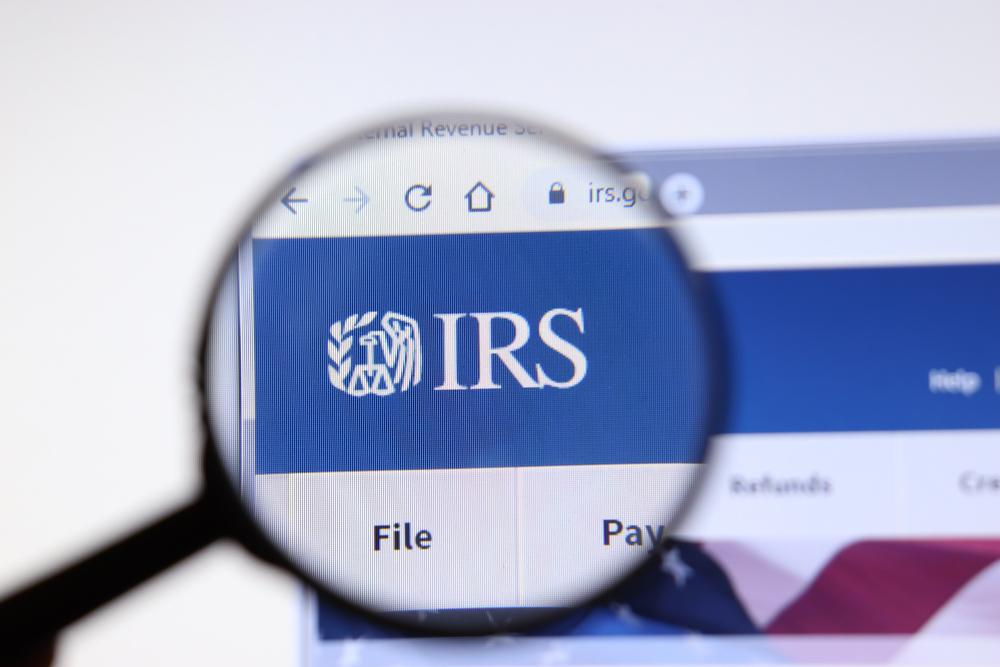Dear Dave,
I have $11,000 in a mutual fund account that is not a retirement account. My wife has a retirement account through her job as a teacher, but I do not have one at all. We’re in Baby Step 2, so should we cash out the $11,000 in the investment account to help pay off debt?





